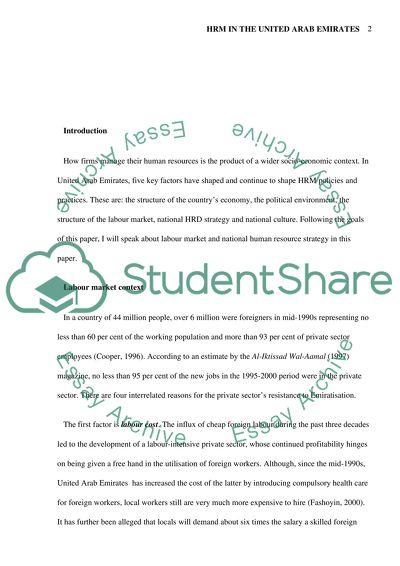Cite this document
(The Important Issues in Human Resources in the United Arab Emirates Case Study, n.d.)
The Important Issues in Human Resources in the United Arab Emirates Case Study. Retrieved from https://studentshare.org/human-resources/1539395-what-would-you-consider-to-be-the-most-important-issues-or-problems-in-human-resources-in-the-united-arab-emirates-at-the-present-time-broadly-speaking-what-d
The Important Issues in Human Resources in the United Arab Emirates Case Study. Retrieved from https://studentshare.org/human-resources/1539395-what-would-you-consider-to-be-the-most-important-issues-or-problems-in-human-resources-in-the-united-arab-emirates-at-the-present-time-broadly-speaking-what-d
(The Important Issues in Human Resources in the United Arab Emirates Case Study)
The Important Issues in Human Resources in the United Arab Emirates Case Study. https://studentshare.org/human-resources/1539395-what-would-you-consider-to-be-the-most-important-issues-or-problems-in-human-resources-in-the-united-arab-emirates-at-the-present-time-broadly-speaking-what-d.
The Important Issues in Human Resources in the United Arab Emirates Case Study. https://studentshare.org/human-resources/1539395-what-would-you-consider-to-be-the-most-important-issues-or-problems-in-human-resources-in-the-united-arab-emirates-at-the-present-time-broadly-speaking-what-d.
“The Important Issues in Human Resources in the United Arab Emirates Case Study”. https://studentshare.org/human-resources/1539395-what-would-you-consider-to-be-the-most-important-issues-or-problems-in-human-resources-in-the-united-arab-emirates-at-the-present-time-broadly-speaking-what-d.


